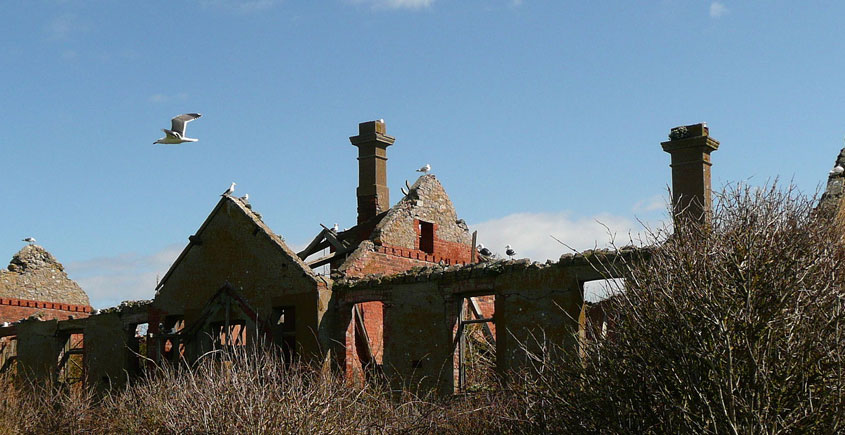The current framework for the protection and management of the Welsh historic environment rests mainly on two pieces of UK legislation:
- the Ancient Monuments and Archaeological Areas Act 1979, and
- the Planning (Listed Buildings and Conservation Areas) Act 1990.
Extensive engagement and consultation to inform the development of the Bill identified a number of weaknesses and inconsistencies in the existing legislation. The Bill will make important amendments to the two principal pieces of legislation, while also introducing some stand-alone provisions.
The Bill has three main aims:
- to give more effective protection to listed buildings and scheduled ancient monuments
- to improve the sustainable management of the historic environment; and
- to introduce greater transparency and accountability into decisions taken on the historic environment.
The Bill has been developed to form the core of an integrated suite of legislation policy, advice and guidance. Together these will give Wales flexible and effective systems for the sustainable management of the Welsh historic environment, reflecting current conservation principles and practice.
Drafts of the first group of publications planned to complement the Bill are available for consideration on the Cadw website . These include:
Planning Policy Wales, chapter 6 – ‘The Historic Environment’
Technical Advice Note 24: Historic Environment
Managing Change in World Heritage Sites in Wales
Managing Lists of Historic Assets of Special Local Interest in Wales
Managing Change to Listed Buildings in Wales
Managing Historic Environment Records in Wales: Statutory Guidance
These documents will be updated following any amendments to the Bill and full public consultation will follow in 2016.
During the development of the Bill, a number of impact assessments have been carried out to evaluate its policy implications.
Next Steps
How to get involved and keep up to date with the Bill
The Historic Environment (Wales) Bill will progress through the National Assembly’s four-stage legislative process.
Stage 1 – consideration of the general principles of the Bill by the Communities, Equality and Local Government Committee of the National Assembly for Wales. The committee will invite the people of Wales to give their views on the Bill, either in writing or in person during a committee session. Following the committee’s report, the general principles of the Bill will be considered and voted upon by the Assembly. If successful at the general principles debate, the Bill will progress to Stage 2.
Stage 2 – detailed consideration of each section of the Bill by the Communities, Equality and Local Government Committee. Amendments can be tabled and voted on by the committee.
Stage 3 – further detailed consideration of each section of the Bill by the whole Assembly. Amendments can be tabled and voted on by the whole Assembly.
Stage 4 – a short debate and a vote by the whole Assembly on whether to approve the final text of the Bill
If the Bill is passed by the Assembly, it will be presented for Royal Assent, which is anticipated in Spring 2016.
How to get involved
The Historic Environment (Wales) Bill represents the first legislation on the historic environment drafted specifically for Wales. It will improve the protection and management of the historic environment so it continues to provide economic, social and environmental benefits to Wales and its people.
To get involved and keep up to date with the Bill as it is shaped by the people of Wales for the people of Wales, please visit the National Assembly for Wales’ website , where you will find further information on the legislative process and details on the progress of the Bill.
How to find out more
Additional information on the Bill is available on the Cadw website.
If you would like to keep informed about the progress of the Bill or if you have any questions, sign up for regular Historic Environment Bulletins by sending your email address to: HistoricEnvironmentBill@wales.gsi.gov.uk.
